Money Exchange Guide: Rates, Tools & Smart Tips!
Money exchange is the process of converting one currency into another for travel, business, or online transactions. It plays a vital role in global finance and international trade. Compare rates and use trusted tools to get the best value during currency conversion.
Stay tuned with us as we explore everything you need to know about money exchange — from getting the best rates to using smart tools for currency conversion. Your guide to smarter, safer exchanges is just getting started!
What Is Money Exchange and Why Does It Matter?
Money exchange, also known as currency exchange, is the process of converting one country’s currency into another. It plays a vital role in global trade, travel, investment, and remittances. Without money exchange services, international transactions would be nearly impossible. Every time someone travels abroad, shops on an international website, or sends money to another country, currency exchange is involved.
The importance of money exchange lies in the fact that every country has its currency, and their values differ based on supply, demand, and economic strength. Travelers need local currency to pay for services in another country, while businesses exchange currency to buy goods or services from foreign partners. Even individuals earning income from overseas clients must convert that payment into their local currency. Money exchange is the bridge between global financial systems, enabling economic connectivity across borders.
How Does Currency Exchange Work?
Currency exchange works by using exchange rates, which determine how much of one currency you get in exchange for another. These rates fluctuate constantly, influenced by market demand, economic conditions, and geopolitical events. Financial institutions, money changers, and online platforms act as intermediaries to facilitate currency exchange.
When you approach a money exchange service, they provide you with a rate based on the current market. However, the rate offered to consumers often includes a small margin known as the “spread,” which is how service providers make a profit. Currency exchange can happen physically at banks or kiosks or digitally via online services and apps. For businesses or large-scale exchanges, specialized services such as forward contracts and forex trading accounts offer more complex solutions.
Modern technology also allows real-time currency exchange using online tools. These platforms show live rates and enable instant conversion, especially useful for travelers and remote workers. Understanding how this system functions helps consumers get better value and avoid unnecessary losses.
What Are the Key Terms and Concepts in Money Exchange?
To understand money exchange fully, you need to grasp some fundamental concepts and terminology:
Exchange Rate: The value of one currency compared to another. For example, 1 USD = 280 PKR.
Bid and Ask Price: The buying and selling price of a currency. The difference is the spread.
Currency Pair: Two currencies involved in an exchange, like USD/EUR or GBP/INR.
Spot Rate: The current exchange rate for immediate transactions.
Forward Rate: The agreed-upon rate for a future currency exchange.
Pip: A unit of change in the exchange rate, usually the fourth decimal place.
Base and Quote Currency: In a pair like USD/EUR, USD is the base and EUR is the quote.
Appreciation and Depreciation: An Increase or decrease in the value of a currency relative to others.
Learning these terms helps you navigate the world of currency exchange with more confidence, especially when dealing with financial services, apps, or investment platforms.
What Factors Influence Money Exchange Rates?
Several key factors influence exchange rates in global currency markets:
Interest Rates: Higher interest rates attract foreign investment, increasing demand for that currency.
Inflation: Countries with lower inflation typically have stronger currencies.
Economic Stability: Stable economies attract foreign capital, boosting currency value.
Political Events: Elections, conflicts, and policy changes can quickly shift market sentiment.
Trade Balances: A country that exports more than it imports tends to have a stronger currency.
Speculation and Market Sentiment: Traders’ expectations about a country’s future economic outlook influence currency values.
These factors interact in complex ways, and their influence changes over time. Staying informed through financial news and currency trackers like Xe or Google Currency Converter helps users anticipate changes and make better exchange decisions.
Where Can I Find the Best Money Exchange Near Me?
Finding the best money exchange near you depends on your location, currency needs, and urgency. If you’re in a major city or travel hub, options include banks, licensed currency exchange kiosks, airport counters, and fintech platforms.
To ensure you’re getting the best rate:
- Avoid airport exchange desks, as they often charge higher margins.
- Use Google Maps to search “money exchange near me” and read reviews.
- Check rates online before visiting.
- Compare rates between providers on tools like Xe or local exchange websites.
If safety and convenience are priorities, choose well-known providers or banks. If your goal is to maximize value, consider reputable local currency exchangers with competitive rates.
Should I Use Banks, Currency Exchange Booths, or Online Platforms?
Each option for exchanging money has its pros and cons:
Banks: Safe and regulated, but often provide less competitive rates and may charge fees.
Currency Exchange Booths: Usually offer better rates than banks, especially in popular tourist areas, but quality can vary widely.
Online Platforms and Apps: Offer real-time rates, convenience, and transparency. Services like Wise, Revolut, or Payoneer are popular for international transfers and travel spending.
The best choice depends on your needs. Travelers may prefer physical kiosks for instant cash, while digital nomads and remote workers benefit from online platforms with low fees.
What Are the Hidden Fees in Currency Exchange?
Many people lose money in currency exchange due to hidden costs, including:
Spread: The difference between the buy and sell rates.
Commission: A flat fee charged per transaction.
ATM Charges: Foreign withdrawal fees and network usage fees.
Credit Card Markups: Some banks add a foreign exchange surcharge on card payments.
Double Conversion Fees: Especially with e-wallets or non-local banks, the currency may be converted twice before reaching the recipient.
Understanding these fees helps you compare total costs, not just headline rates. Use transparent tools like Google Currency Converter or Wise to calculate actual conversion costs.
How Can I Compare Today’s Exchange Rates Effectively?
To compare rates, start by checking trusted sources like:
- Xe.com: Offers live mid-market rates.
- Google Currency Converter: Quickly displays current rates.
- Bank Websites: Check your local bank’s rates directly.
- Currency Exchange Apps: Show comparisons and allow setting alerts.
Create a comparison table to track the real value you’ll receive after fees. Here’s a sample:
| Service Provider | Exchange Rate | Fees | Final Amount (for $1,000) |
| Bank A | 278 PKR | 2% | 272,440 PKR |
| Local Booth | 279 PKR | 1% | 276,210 PKR |
| Online App | 280 PKR | 0.5% | 278,600 PKR |
Regularly comparing rates, especially before major purchases or transfers, helps you make informed choices.
How Can I Use Currency Converter Tools Like Xe or Google Currency Converter?
Currency converter tools are essential for checking rates in real-time and planning your exchanges. Tools like Xe Currency Converter or Google Currency Converter are free and easy to use.
Here’s how to use them effectively:
- Go to the tool (via app or web)
- Select your base and target currencies (e.g., USD to EUR)
- Enter the amount
- Check the mid-market rate and compare it with what your provider offers
These tools help identify unfair markups or fees. Some converters, like Xe, also allow you to set alerts when rates hit your target, making it easier to time your exchange.
What’s the Best Currency Converter App for Travelers?
For frequent travelers, having a reliable currency converter app is a must. Here are a few top-rated options:
1. Xe Currency Converter: Known for accuracy and ease of use. 2. Currency Converter Plus: Offers offline rates and a clean interface. 3. Wise App: Great for both conversion and money transfers. 4. Revolut: Combines exchange, banking, and budgeting.
When choosing a currency converter app, prioritize real-time updates, offline access, and multi-currency support. These apps also help budget travel expenses in foreign countries by giving accurate cost comparisons.
What Are the Risks of Using Unlicensed Money Exchange Services?
While unlicensed services may offer tempting rates, they carry serious risks:
- Counterfeit Currency: Higher chance of receiving fake bills
- No Recourse: If something goes wrong, you have no legal protection
- Legal Issues: In some regions, using black market exchangers is illegal
- Poor Transparency: No receipts, unclear fees
Always verify that the provider is licensed by local financial authorities. In Pakistan, for example, the State Bank regulates exchange companies. Look for displayed certifications and proper documentation.
How Do Businesses Manage Money Exchange and Currency Risk?
Businesses operating internationally often deal with currency fluctuations that can affect profitability. To manage this:
- Forward Contracts: Lock in exchange rates for future transactions.
- Hedging: Use derivatives to protect against unfavorable movements.
- Foreign Currency Accounts: Keep funds in multiple currencies.
- Multi-currency Invoicing: Invoice in a currency less prone to volatility.
Managing these risks strategically ensures financial stability. Large corporations often work with forex advisors or dedicated departments, while small businesses use platforms like Payoneer, Wise, or bank services.
What’s the Smartest Way to Exchange Money While Traveling?
Smart travelers plan to avoid high fees and poor rates:
- Exchange small cash at the airport, then find better rates in town
- Use ATMs sparingly, and choose ones that partner with your bank
- Carry a travel card with low or no foreign exchange fees
- Use apps like Xe to monitor rates and time your exchanges
Additionally, consider pre-paid travel cards that lock in favorable rates and protect you from price swings.
How Will Technology Shape the Future of Money Exchange?
Technology is rapidly transforming the money exchange industry. Trends include:
- Digital Wallets and Apps: Increasing usage of apps like Wise, Revolut, and PayPal for instant global transactions
- Blockchain and Cryptocurrencies: Potential to disrupt traditional exchange models
- AI and Automation: Predictive tools for rate trends
- Embedded Finance: Integration of money exchange into travel, e-commerce, and banking platforms
As technology improves, users can expect better transparency, lower fees, and greater control over their currency exchanges.
FAQ’s
1. Where can I exchange currency for free?
While most services charge fees, some banks or fintech apps like Revolut or Wise offer fee-free currency exchange within certain limits. Always check the exchange rate markup — it’s often where hidden costs lie.
2. How much is $1 in other countries?
The value of $1 varies depending on current exchange rates. Use tools like Google Currency Converter or Xe.com to see real-time rates for any currency pair.
3. Where’s the best place to exchange money?
The best exchange option depends on your location and needs. Generally, online platforms and currency exchange apps offer better rates than airports or hotels. Compare providers before exchanging.
4. What’s the best time of day to exchange money?
Usually, during business hours, when forex markets are active and rates are most competitive.
5. Is it better to exchange money before or after traveling?
Compare rates in both locations; sometimes local exchange options offer better rates.
6. Can I exchange currency online without a bank account?
Yes, some platforms like Wise and Revolut allow wallet-based exchanges without traditional accounts.
7. What happens to my leftover foreign currency?
You can exchange it back, keep it for future use, or donate it at airports.
8. Do exchange rates vary on weekends?
Yes, rates may freeze or widen during weekends due to market closure and increased uncertainty.
Conclusion:
Navigating the world of money exchange is essential for travelers, international businesses, and anyone dealing with foreign currencies. From understanding how currency rates work to choosing the right exchange platforms and tools, being informed can save you both time and money. Whether you’re using a trusted bank, a local exchange service, or a smart app like Xe or Google Currency Converter, always compare rates and fees before making a transaction. With technology evolving and more online options available, currency exchange has never been more accessible. Stay smart, stay updated, and make every exchange count.
Also read:
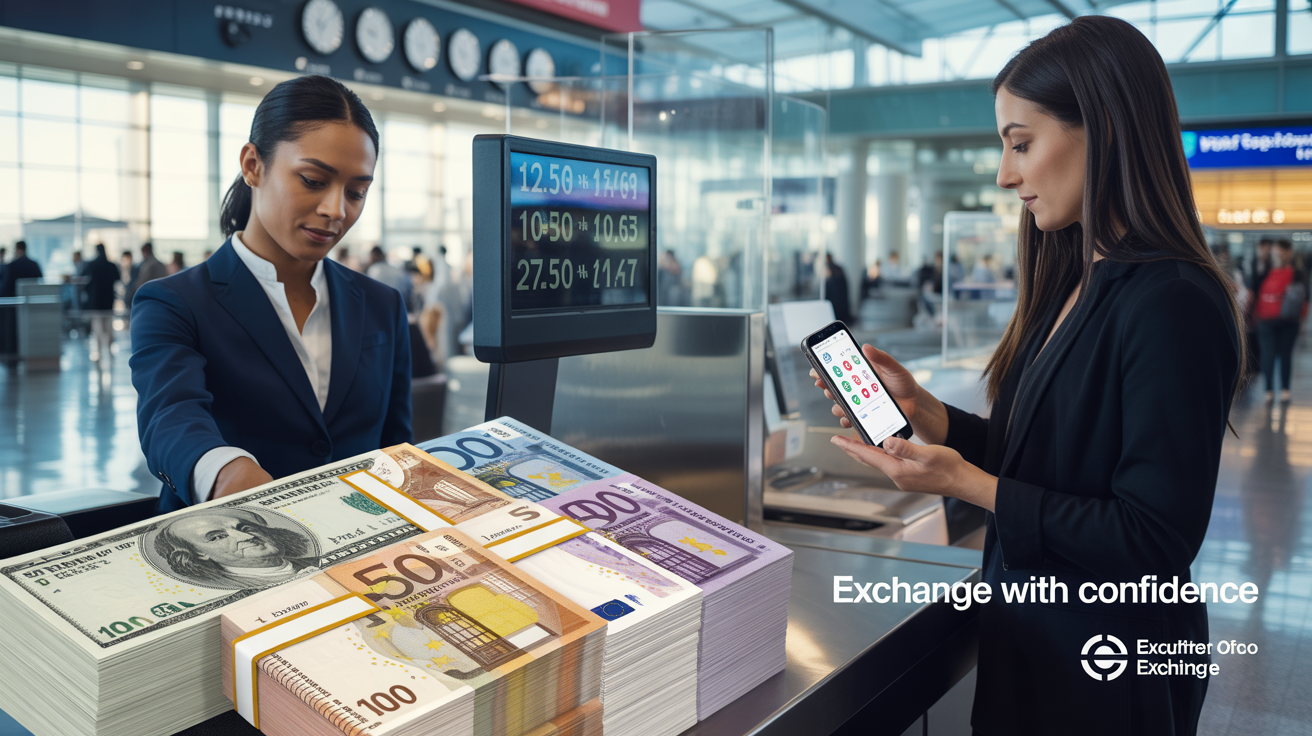


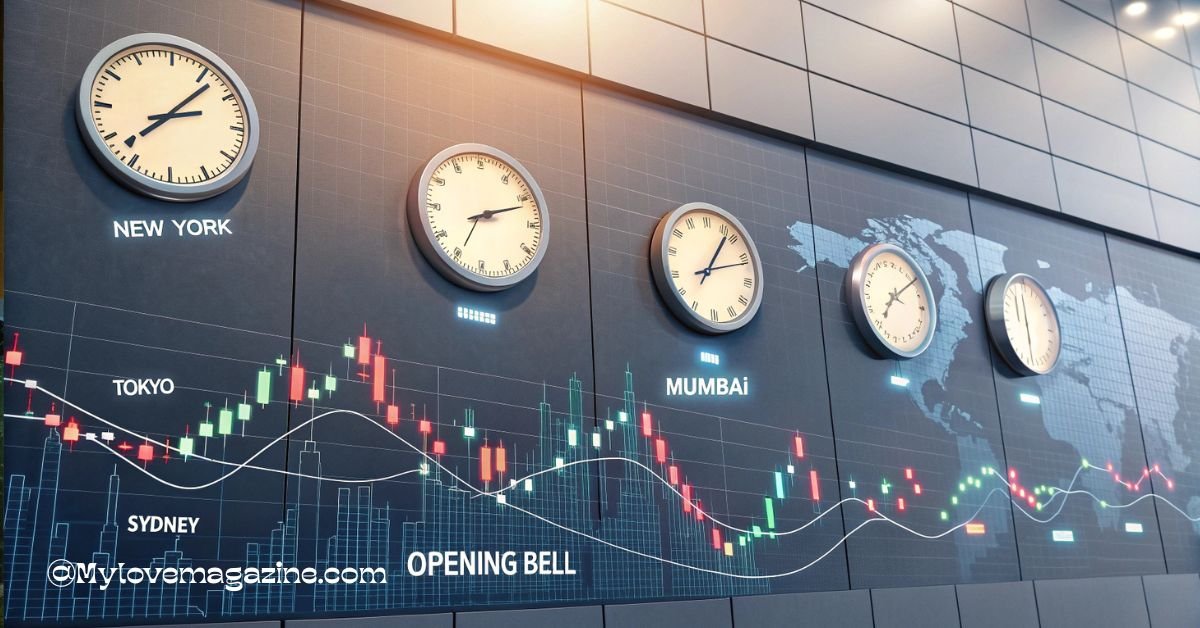


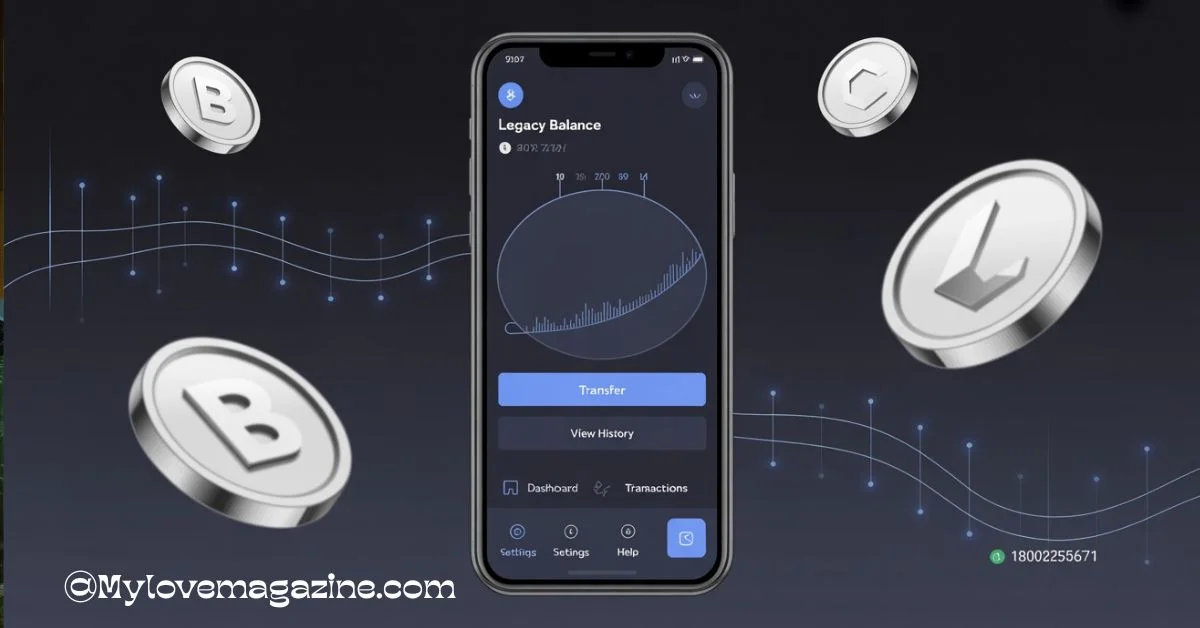
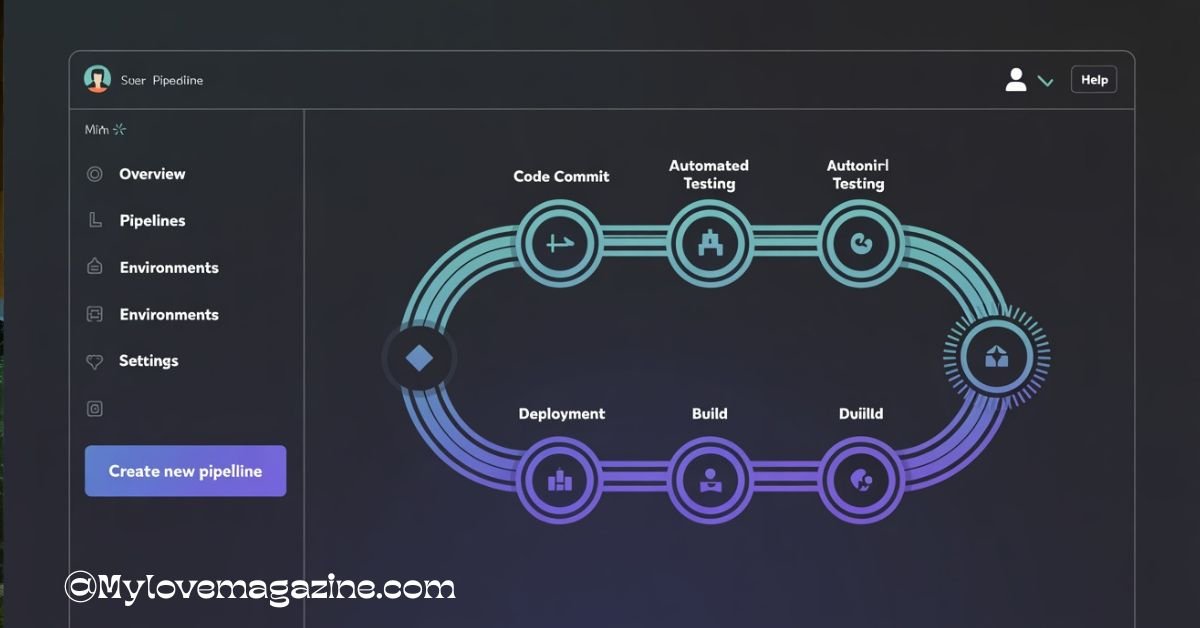




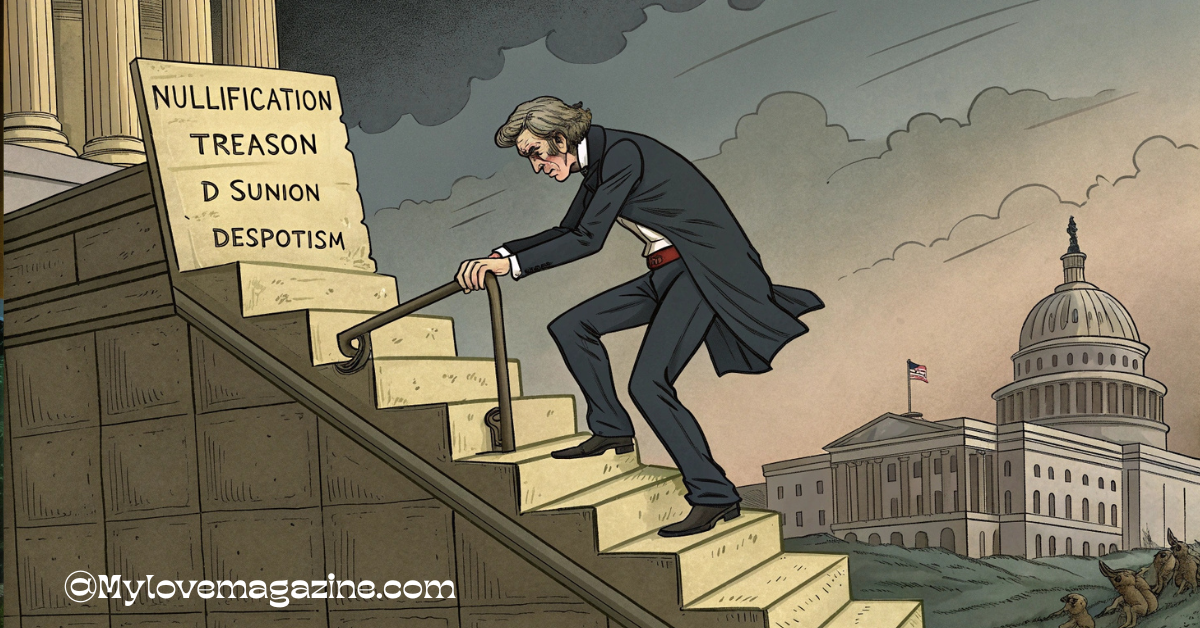

Post Comment